7 Tips for Successful International Factory Relocations
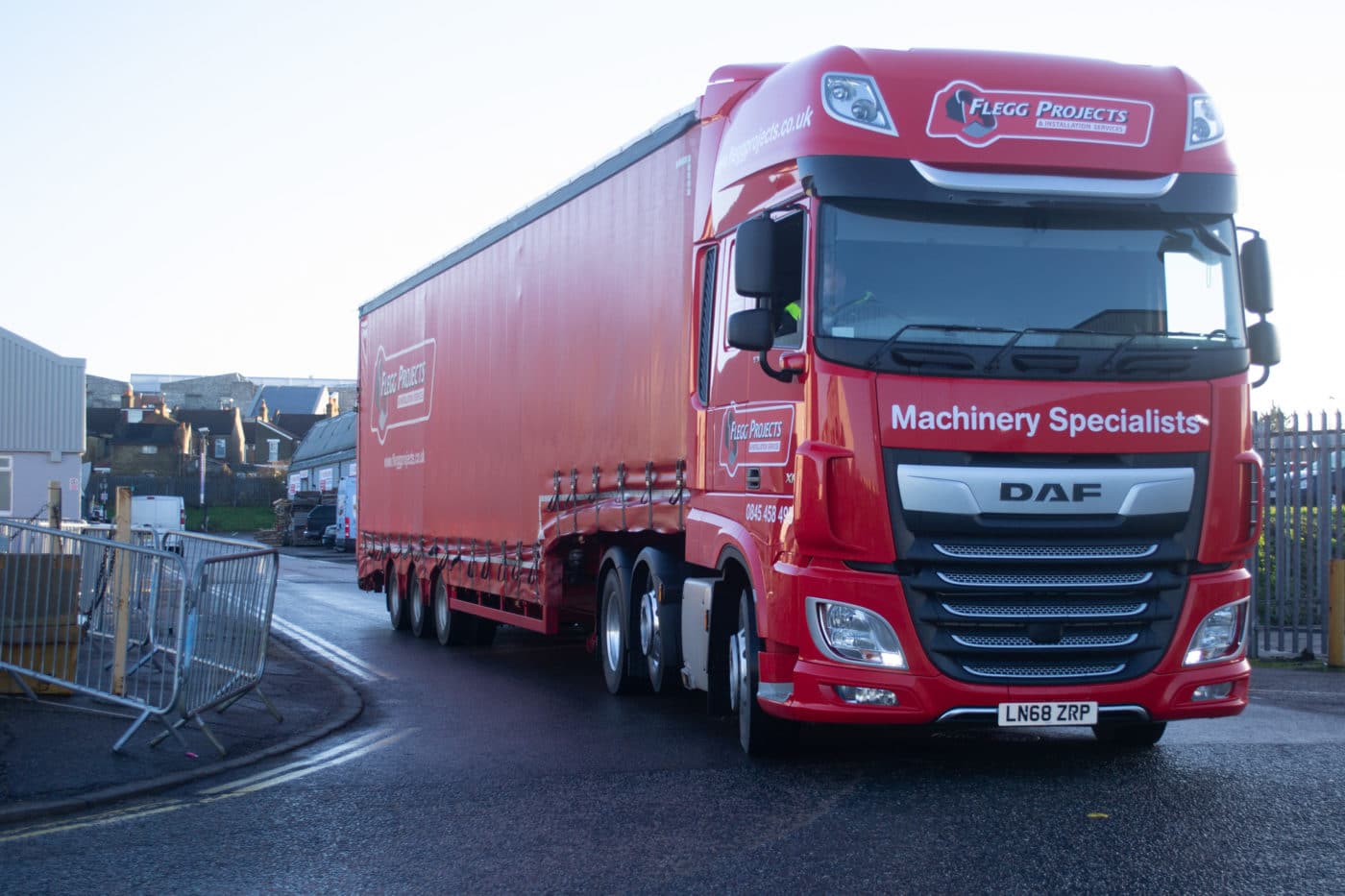
The world as we once knew it has shifted. Brexit, the pandemic and eye-watering inflation have prompted unprecedented disruption in supply chains. Changes to the global economy and labour availability have left many investors diversifying their business models to counterbalance this newfound risk.
For many, protecting a business means relocating production. But exporting heavy equipment can be a logistical nightmare if you don’t have a reputable, experienced mover on your side.
Since creating our projects division in 2007, we have been involved in many factory moves over the course of 15 years. This includes projects involving the export of machinery to worldwide locations including the USA, China, Tasmania, Mexico, Indonesia, Angola and Australia along with several locations in Eastern Europe. Vietnam is also seeing continued growth as investors try to combat rising costs and trade shocks in China. Diversifying your locations will help you to better manage those risks, but choosing the right location is just a small cog in the overall operation.
Here are our top tips on how to plan, evaluate, and mitigate risks to ensure a successful international factory location:
1) Evaluate production targets
Your yearly production targets could be affected by the move. But how much depends on preparation and planning in the early stages. You should evaluate the impact of the relocation against production targets by asking yourself the following:
- How long will it physically take to move the assets?
- How can we plan efficiently around this downtime?
- Do you have sufficient stock or capacity to be without the machinery?
A good risk assessment will enable you to evaluate all potential risks that could impact production, such as cargo delays and fluctuations in the schedule. Planning in advance and consulting your chosen mover will allow you to implement the best strategies to minimise any disruption.
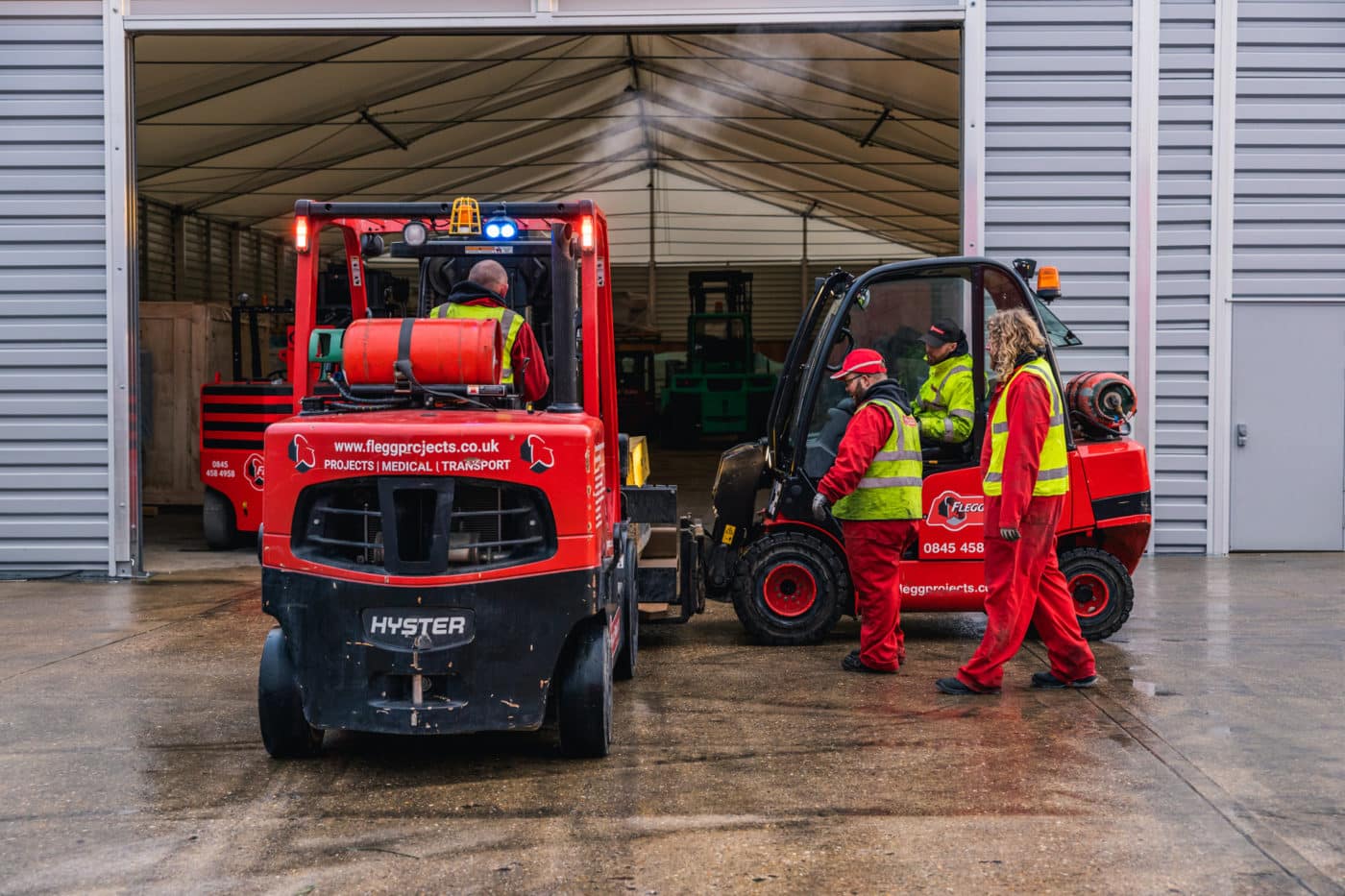
2) Be realistic
It’s not uncommon for clients to greatly underestimate the cost of an international factory relocation. There are many costs to consider, including engineering, handling, and freight. Substantial expertise is required to ensure the relocation is completed successfully with minimal disruption to the business. Assigning a realistic budget at the beginning will allow buffering space and room to assign the correct people, and reduce the risk of unforeseen costs following completion. Make sure you obtain quoted costs and even advice from machinery moving experts to include in your overall budget at the start.
3) Swot up on export documentation
There are stringent export and import regulations that govern the shipping of large-scale machinery. Shipping costs can also be expensive and incredibly challenging. It will pay off to be aware of current legislation and the latest procedures for exporting/importing.
Brexit has prompted new requirements to create export documents, some of which are rather complex. Getting these wrong will lead to delays and additional costs.
Hiring a reputable and experienced mover will take some of the heat off. But do take the time to get up to speed with new export and import procedures yourself. Before you start the process, you’ll also need to obtain the correct licences and documents for the chosen location. Different countries will have different legal requirements, so before any cargo leaves the UK, ensure it meets the import requirements of the new location. An experienced mover will be able to offer guidance during this stage.
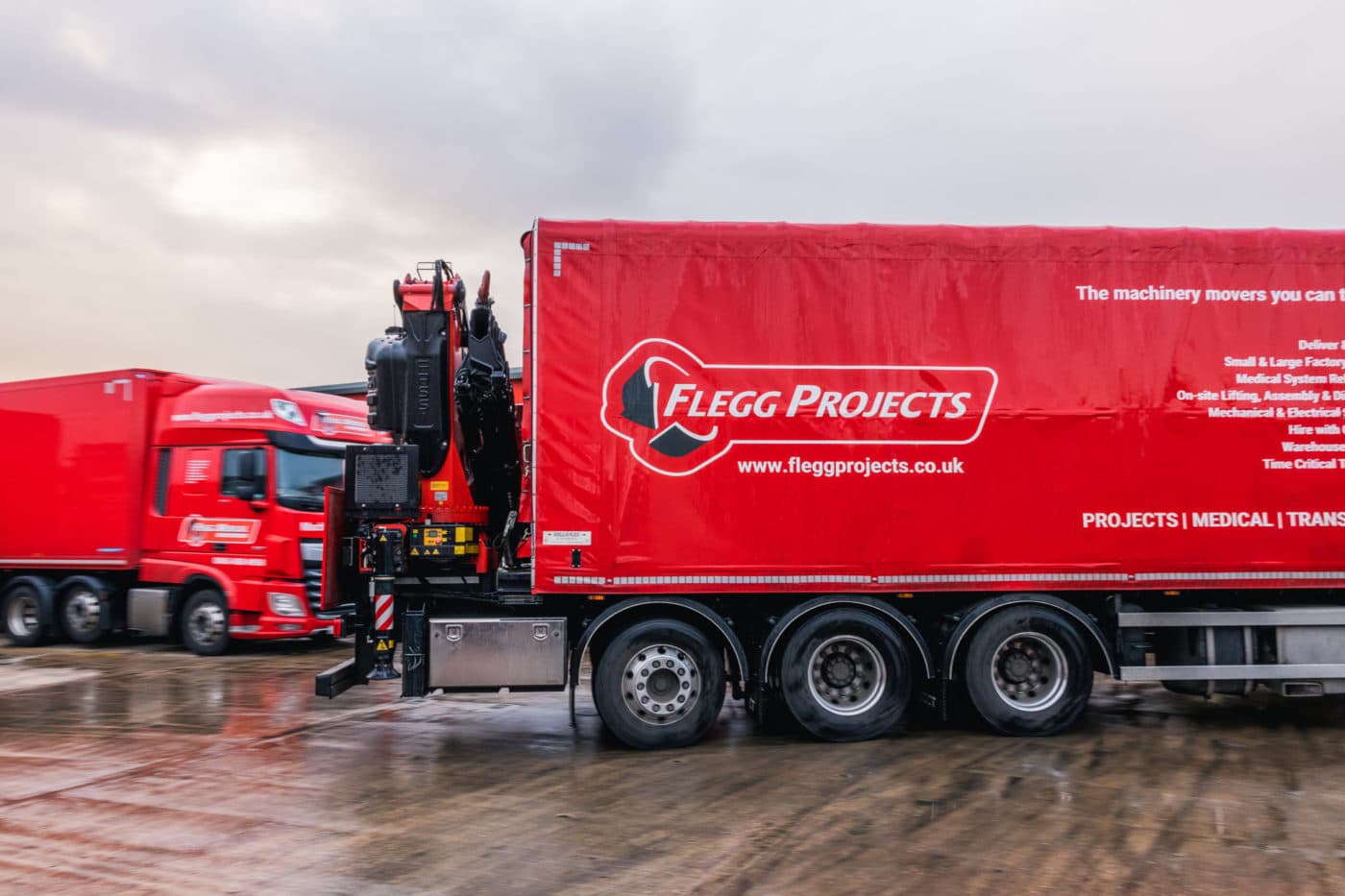
4) Maximise planned down time
Planned downtime will be built into the relocation project, but there are ways you can maximise this to improve the business further. Consider opportunities to improve if you have the time and budget needed. For example, can your machines be upgraded, improved or serviced? You might find that small improvements here result in greater efficiencies later in the project, or once the relocation is complete.
5) Consider handling and transit risks
Relocating and exporting large scale equipment will always involve an element of risk. The delicacy of your assets means they are prone to damage if they are not handled correctly, or if those risks aren’t assessed property before transit.
Can you be sure your machine movers are aware of the common risks and have the procedures in place to mitigate them? Access to correct transport, trained team members and dismantling knowledge will all play a part in handling and transit risks. This is a big consideration when choosing your mover, so speak to them about it and ask for their advice. You should work together with the supplier to develop a comprehensive risk assessment tool, where a risk threshold is established, and potential risks are identified, assessed and mitigated with appropriate strategies.
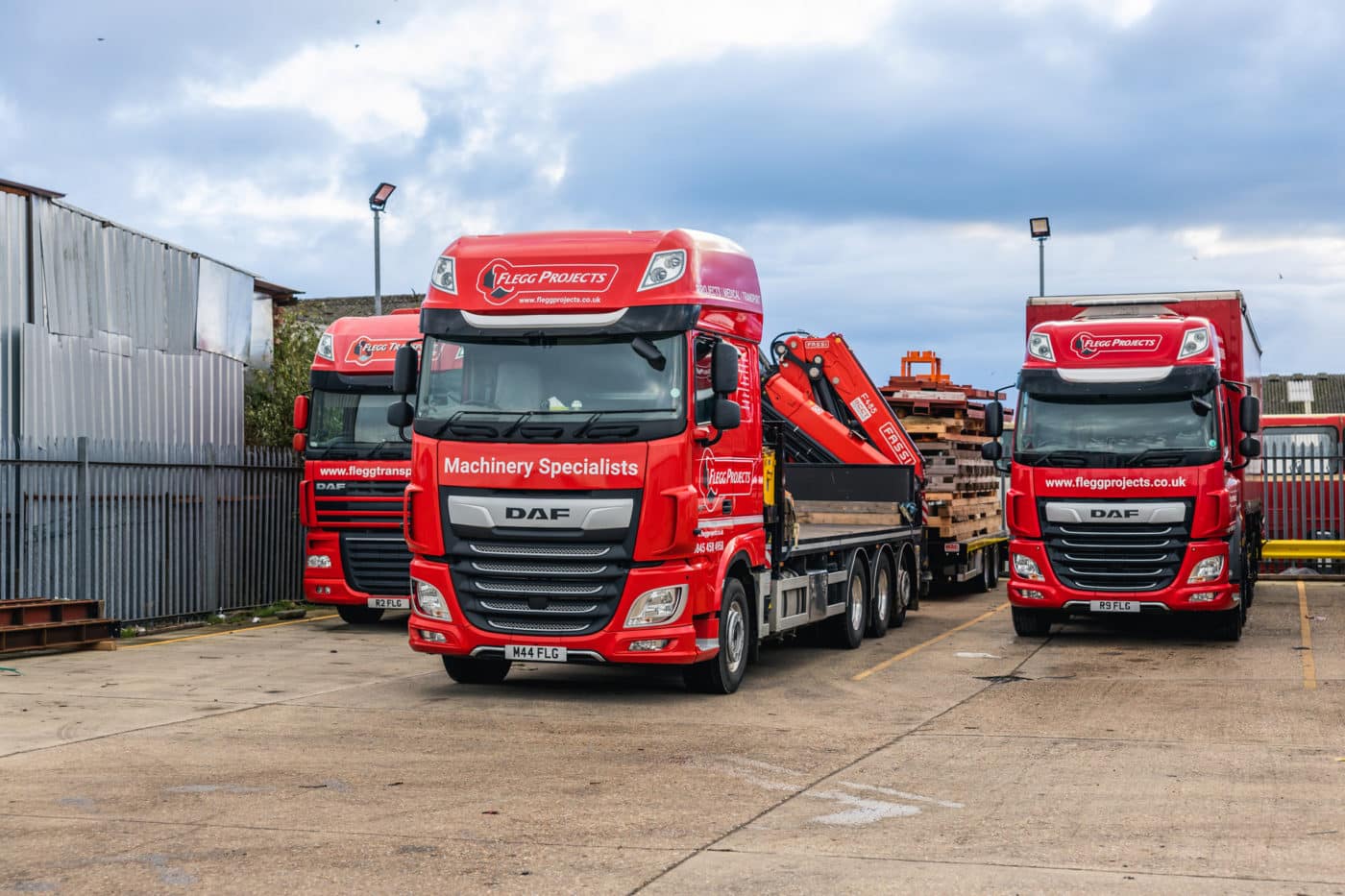
6) Be clear with expectations
You’ll need to be clear with potential suppliers about your expectations at the beginning and during a move. Whilst it is the supplier’s job to manage those expectations, they need to be fully aware of exactly what services you’ll need, what the scale of the project is, the location(s), and who will be assigned to manage the project. If you are unclear, don’t be afraid to liaise with your suppliers and get everything drawn up before the move begins. Being clear on your expectations, however, does involve an element of flexibility. Enabling agility will help you mitigate risks easier, and deal with unprecedented scenarios.
7) Involve partners with previous experience
You may interact with a few suppliers before you find your chosen mover. Don’t be afraid to assess the market, speak to peers, and have initial meetings to gather all the information you need before you agree on a supplier. Partners with previous experience in international factory locations will be able to advise and guide you through the process and help mitigate risks before they occur. Previous experience also means they will have an understanding of the individual requirements of particular regions. It will naturally take a lot of investigation but ensure you have a clear set of requirements with your supply chain. Before your commit to a supplier, ask yourself:
- Do they have the capacity to handle your project?
- Will they provide any management or co-ordination?
- Are they able to provide a turn-key service?
If you think Flegg could be the right supplier to manage your next international factory relocation, you may wish to read up more on our Divisions, or speak to a member of the team today.

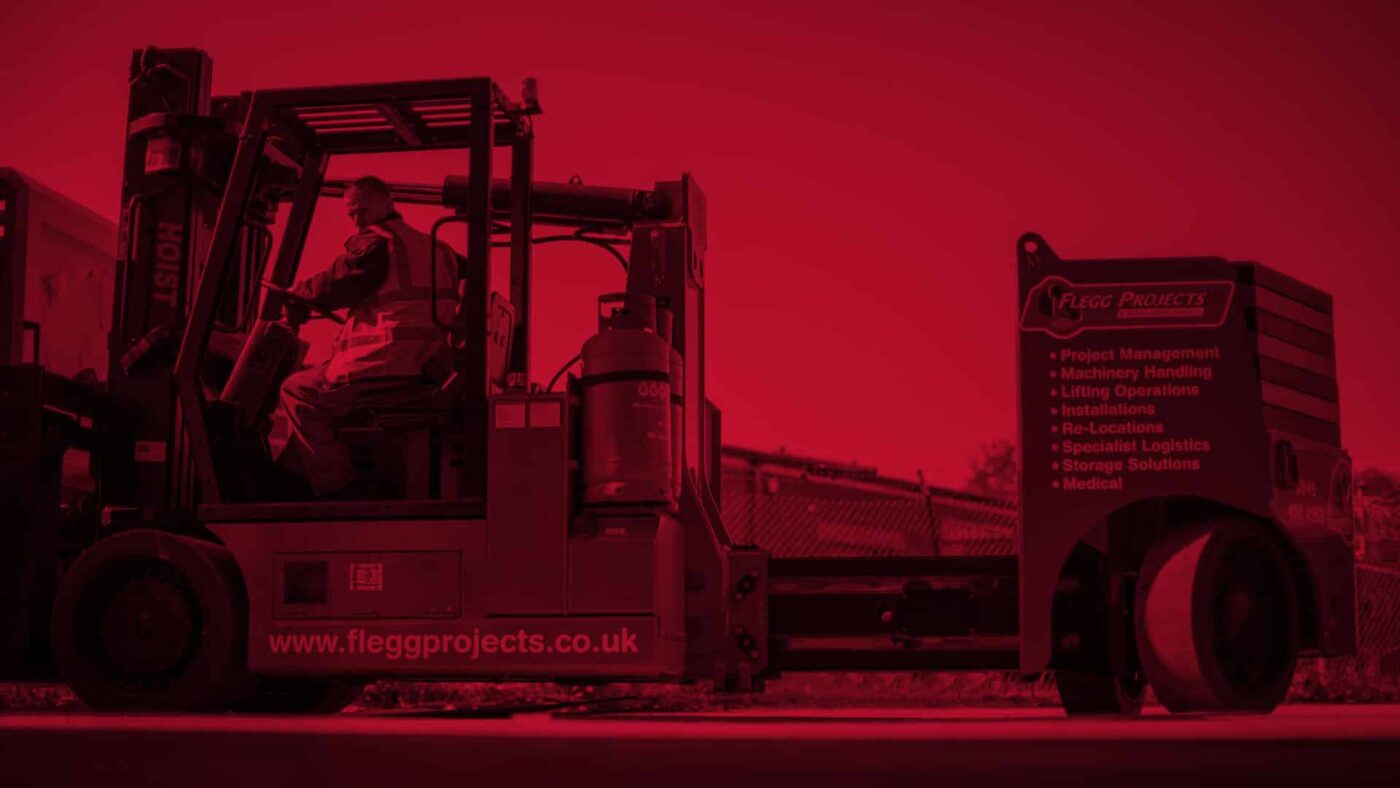 The expertise you expect
The expertise you expect